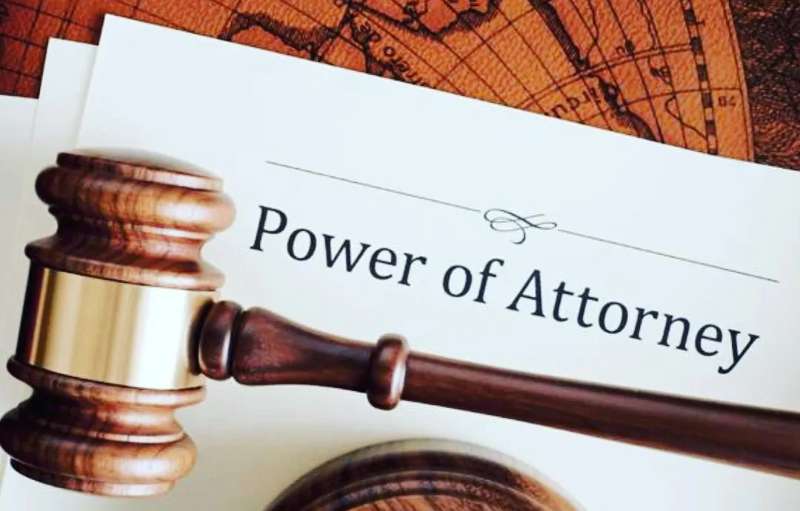Appointing an Enduring Power of Attorney or having guardianship provisions in place can help prepare you and your family for sudden changes in circumstance. It helps if everybody in your family knows who has been nominated to make important decisions when somebody is no longer able to decide for themselves. It is also useful to know what they might have wanted in a range of common situations.
An Enduring Power of Attorney is not the same as an Enduring Guardian. Read here for more information.
What is a Power of Attorney?
A power of attorney is a legal document that you can use to appoint someone (your attorney) to act on your behalf - that is, to be your decision-maker - in property and financial matters. You are called the principal or donor.
An attorney in this sense does not necessarily mean a lawyer or solicitor. Your attorney may be a family member, close friend, a solicitor or the NSW Trustee and Guardian. An attorney can’t make health or lifestyle decisions for you, only financial ones.
A general power of attorney is usually given for a specific period of time, for example, if you plan to travel overseas or are going to the hospital. It stops operating if you lose the ability to make your own decisions (lose capacity).
An enduring power of attorney, however, will continue even after you have lost capacity. This is the one you should use if you want to give someone the power to make decisions once you can no longer do so.
Eligibility
You must be:
• 18 years or over
• understand the nature and effect of the appointment of a Power of Attorney.
Note: Power of Attorney preparation services are provided free for people who are eligible for a full Centrelink age pension. This includes those receiving other government benefits, such as a Department of Veterans' Affairs pension, who would otherwise be eligible for a full Centrelink age pension.
Will it affect my will?
No. A power of attorney only operates while you are alive. It is automatically cancelled when you die.
What will happen if I haven’t made an enduring power of attorney?
If you lose capacity and haven’t made an enduring power of attorney there will be nobody with legal authority to manage or make decisions about your property and finances. Your family may have difficulty accessing your bank account to pay your bills. If your home needs to be sold (for example, to pay for you to move into residential aged care) only someone with your power of attorney will be able to do this.
A relative or another person may need to apply to the Guardianship Division of the NSW Civil and Administrative Tribunal (NCAT) or the Supreme Court to have a financial manager appointed for you. This may not be the person you would have chosen.
Who should I appoint?
Because your attorney will be able to do anything you could do with your property and money, you should choose someone who is suitable, willing to take on this role, and who you trust to make decisions for you in your best interests.
You can appoint more than one person as your attorney. However, you should choose people who are able to work together.
If you appoint more than one person you can appoint them so they can only make decisions together (jointly) or individually (separately). You should talk to a lawyer about what would be best in your situation.
If you do not know anyone you consider to be suitable you can appoint the NSW Trustee and Guardian as your attorney. They will charge a set fee to draw up a Power of Attorney unless you are on a full Centrelink Age Pension. If they do have to act as your attorney they will charge for their services.
A power of attorney in NSW and outside NSW
Each state and territory has its own laws on enduring powers of attorney. If an enduring power of attorney was made in another Australian state or territory then, provided it complies with the legal requirements of that state or territory, it will be recognised in NSW. However, you should get legal advice about this.
Powers of attorney which are made overseas can’t be used in NSW.
If you want your attorney to be able to use your NSW enduring power of attorney in another state or territory or overseas, you should make enquiries about what the requirements are in that state, territory or country. They all have different laws about powers of attorney.
The law is complex and difficult to understand so we make sure we take the time to make sure you thoroughly understand and then how we will work with our knowledge of the law to obtain the best possible result. Contact JCL Legal now!
sources: legalaid.nsw.gov.au, carersnsw.org.au, service.nsw.gov.au



































